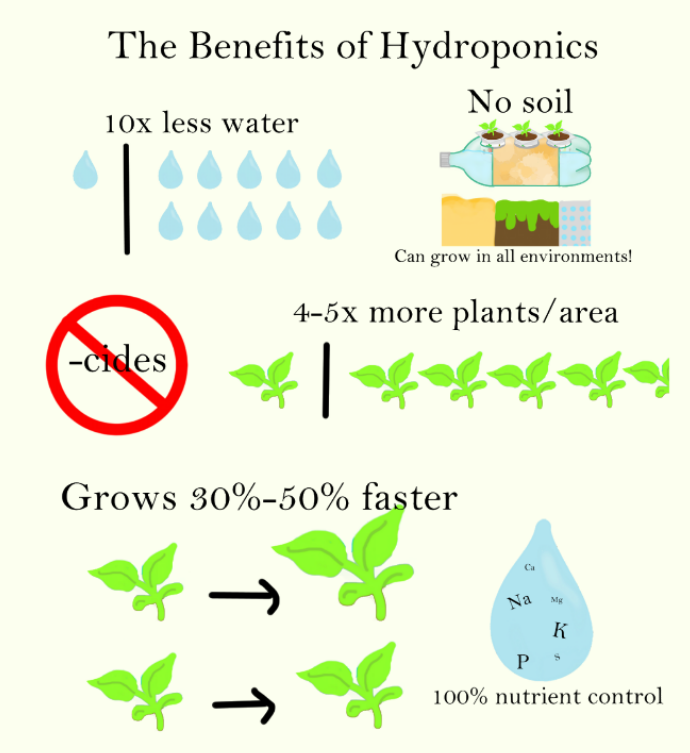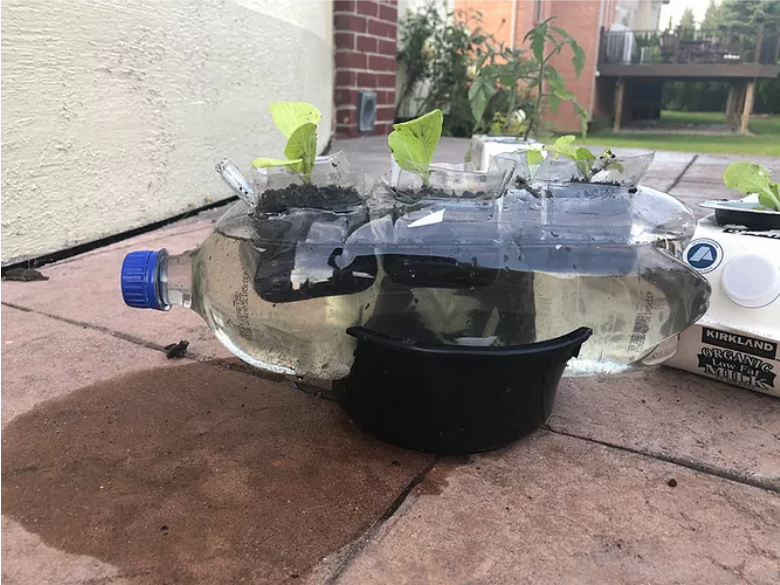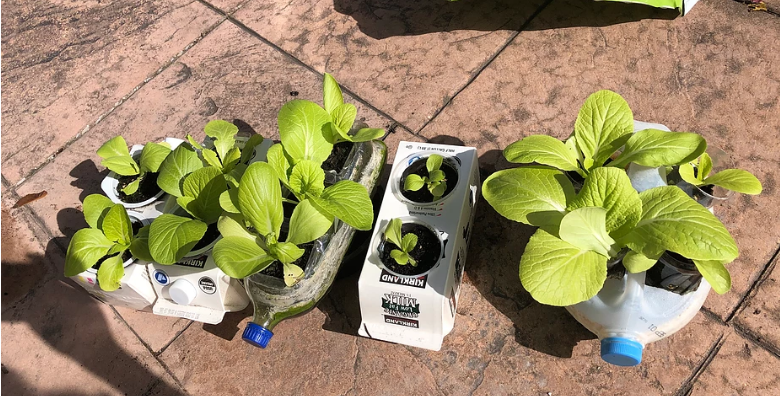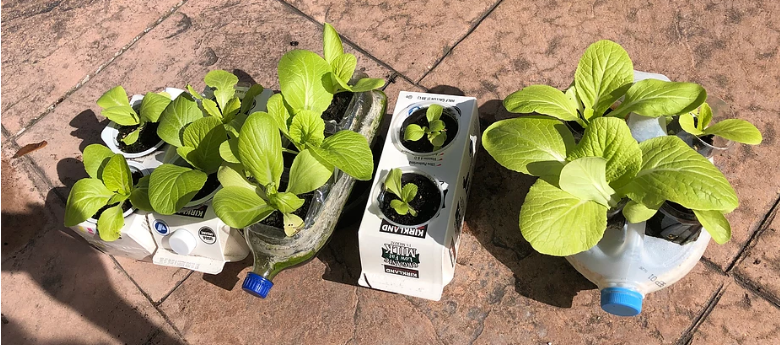Written by: Jasmine Wu
Why should you care about hydroponics?
If you’re looking for a new hobby during quarantine or just in need of some fresh, organic produce year-round, a garden may be the right choice for you, whether you live in a busy city or a grassy rural area. Whether it’s bottle hydroponics, vertical bottle farming, or any other gardening system that works best, we’re sure you won’t regret starting an outdoor or indoor garden. Several students from Michigan highly recommend using a hydroponic system, frequently regarded as the eco-friendly future of farming, for your new hobby!
Usually, when you start a garden, the first supplies that come to mind are seeds, water, and soil. As the plants grow, they expand their root system to increase the surface area contacting the soil, enabling more efficient absorption. Plants require nitrogen, phosphorus, potassium, calcium, magnesium, sulfur, etc., to grow, and the soil provides those nutrients.
However, hydroponics is unique because, instead of soil, plants get their nutrients from water mixed with special hydroponics nutrients. Because this water doesn’t percolate through the ground, hydroponics can use up to ten times less water than traditional farming and even recirculate used water!

The roots of each plant also take up much less space (there’s no need for a large, resource-seeking network when nutrients are readily available), so you can plant 4-5 times more plants in the same area compared to traditional farming. Your plants can grow 30-50 percent faster because they can take energy typically diverted to roots and grow leaves, flowers, and fruits. Because there are no soil-borne diseases or pests, you won’t need any pesticides, herbicides, fungicides, or weeding!
You can learn more about the benefits of hydroponics here.
TYEF Teens: Advocating for the Earth, STEM, and food security
Michigan teens from the self-created Troy Youth Education Foundation (TYEF) have designed and built their own hydroponic system built out of recyclable materials. I’m non-profit founder, Jasmine Wu, a passionate environmental advocate who spent my summer researching hydroponics and trying to build my own system. I felt frustrated by the growing price tag attached to PVC pipes, water pumps, wood planks for a frame, net cups, and more materials that seemed essential for a hydroponics garden.
My excitement for eco-friendly gardening was discouraged until I realized that I could create my own original hydroponics system. Through comprehensive research on plant biology and different gardening methods, I realized that plants really only needed nutrients, sunlight, support, and gases. Everything else, including how to combine these elements, is completely up to you. I designed the simplest, most cost-effective hydroponics system possible, made almost completely of recycled, everyday materials such as milk cartons and yogurt containers with the end goal of growing organic, nutritious vegetables and reducing plastic and water waste.

I also created the We Can Plant! initiative to introduce this system to other students and educate others on eco-friendly gardening practices. All of the produce has been donated to the local food bank- the vast majority do not accept fresh, perishable produce, so this was an incredibly exciting opportunity for both TYEF and the food bank to start something new.
Thus far, I have saved 11 milk cartons, 26 plastic bottles and yogurt containers, 7 plastic takeout containers, and gallons and gallons of water, gardening both indoors and outdoors.

Right now, I’m focused on bringing this system to more people and empowering them to grow their own food without hassle or exorbitant price-tags. This is a great opportunity for young students to learn about environmental consciousness, brush up on plant biology, and have the opportunity to build something and watch their experiments flourish. I have presented about this hydroponic system at the Project Green Schools National Youth Council Conference, created four student-friendly manuals with original illustrations, and am currently working on writing a curriculum.
Let’s get started!
As you embark on your gardening journey, remember to have fun and don’t get discouraged. Gardening is definitely a trial-and-error process, and it can feel terrible when your plants die. Just remember that all gardeners kill plants, and the best thing you can do is learn from what went wrong and try again! Feel free to read the We Can Plant! blog, where TYEF students share the challenges that they experienced and how to prevent and overcome them.
Good luck! We can save the Earth one eco-friendly garden at a time.
If you’d like to learn more about growing food in the winter, check out this manual.







